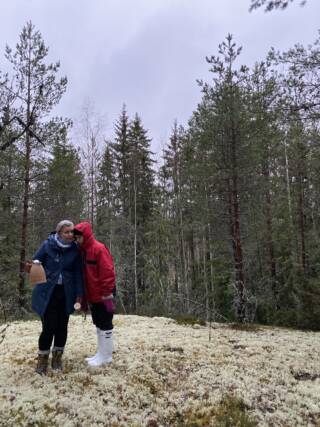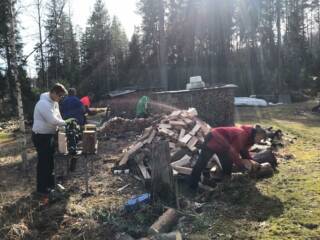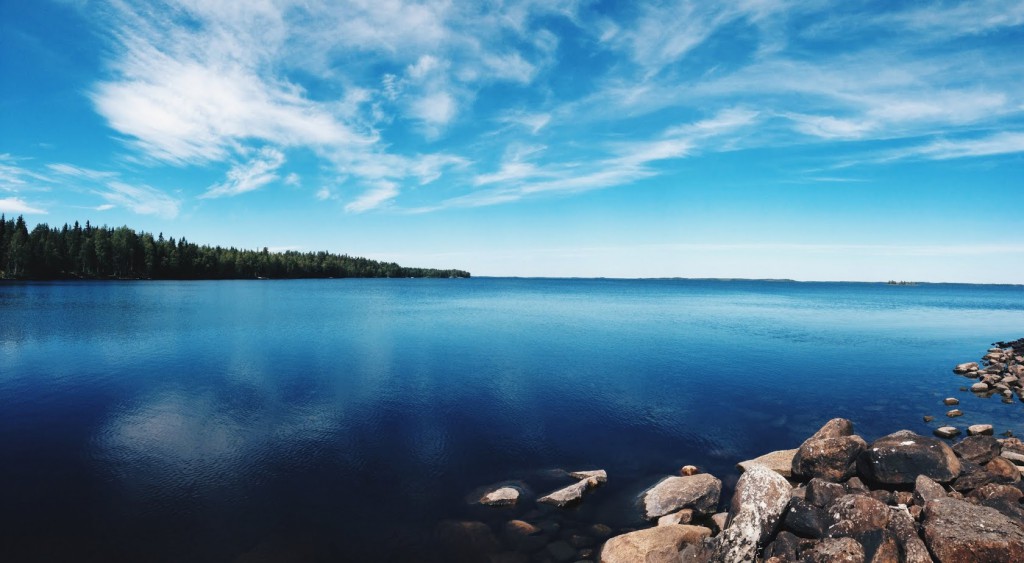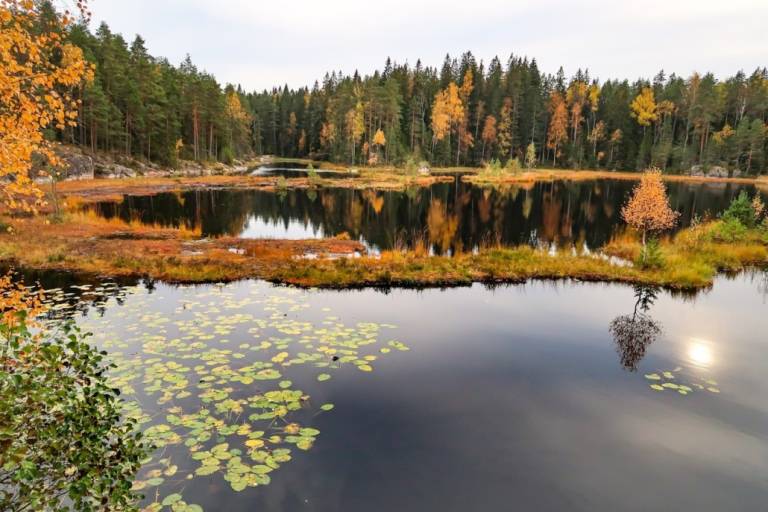It is typical of Finnishness that it is strongly intertwined with nature. Finland’s magnificent landscapes, lakes and forests have been a significant part of Finnish life for centuries. For Finns, nature is like a second home where they can find peace and strength. The significance of nature can also be seen in Finnishness, for example, in the large hiking and hunting culture, which is a strong part of the Finnish tradition.
Finnishness is also strongly linked to Finnish culture, which enriches the Finnish identity. Finns are known, for example, for sauna, which is an important part of the Finnish way of life and even the value base. The sauna offers a space for relaxation, introspection and social interaction with family and friends. Finnishness also has a strong tradition of music and dance. Finnish folk music, such as humppa, polka and waltz, is an integral part of Finnish culture and celebrations. Finnish art music, such as the works of Jean Sibelius, has also put Finland on the world map.



Finnishness is also characterised by a strong value base that supports the social structure. Finns value honesty, honesty and hard work. The importance of education is highly valued in Finnish society, which is reflected internationally in the form of a high level of education and strong competence. There is also a strong belief in equality and justice in Finnishness, which can be seen, for example, in the structures of the welfare state and the social support network.
Thus, Finnishness is a multifaceted concept that covers nature, culture and society. Finnishness is deeply rooted in the hearts and identity of Finns, and it can be seen both in everyday life and in celebrations. The strengths of Finnishness are communality, honesty and respect for nature. These values are passed down from generation to generation and make Finnishness unique and valuable.





Comments